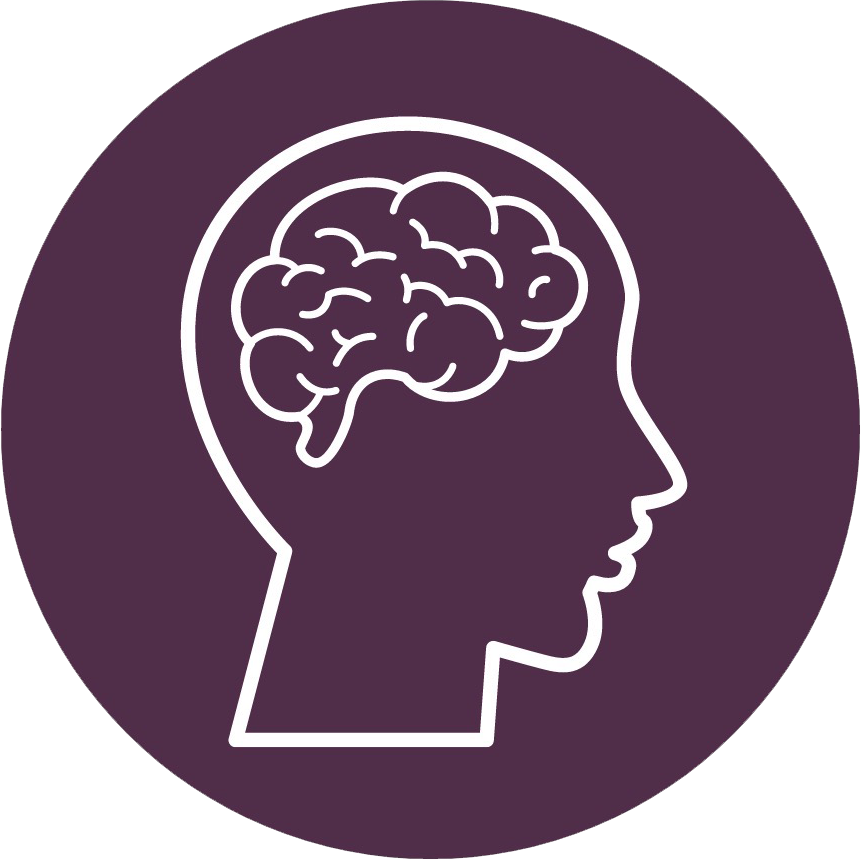Cognitive Speech Therapy
Cognitive speech therapy is a specialized form of therapy aimed at addressing speech and communication problems often associated with cognitive impairment. These communication disorders can arise from various conditions, including dementia, traumatic brain injury, stroke, or other neurological disorders, leading to challenges in cognition.
The therapy specifically focuses on enhancing cognitive functions such as attention, memory, problem-solving, and executive functions, all vital for effective communication. For example, an individual with cognitive issues might struggle to recall the right words (memory impairment), maintain focus during a conversation (attention deficit), adapt their speech in response to listener feedback (problem-solving challenges), and organize their thoughts into coherent sentences (executive function difficulties). By targeting these areas, cognitive speech therapy helps individuals overcome the hurdles posed by cognitive impairments, thereby improving their overall communication abilities.

Cognition
Benefits of Cognitive Speech Therapy
Improved Communication
Cognitive speech therapy, led by experienced speech pathologists, is vital for enhancing communication abilities, especially following a stroke or injury that affects cognitive processes. This therapy targets key aspects of cognitive communication, including verbal expression, comprehension of spoken language, and both reading and writing skills.
By focusing on improving cognitive functions like memory and attention, speech pathologists aim to bolster overall communication skills, aiding individuals in regaining confidence and effectiveness in their daily interactions.
Enhanced Cognitive Skills
This form of therapy, conducted by a qualified speech therapist, is designed to address communication disorders stemming from cognitive deficits. Cognitive speech therapy activities focus on improving essential cognitive skills such as attention, memory, and problem-solving. These skills are not only crucial for effective communication but also for daily activities, directly impacting an individual’s quality of life.
By engaging in tailored cognitive speech therapy activities under the guidance of a speech therapist, individuals can significantly enhance these cognitive skills, overcoming challenges related to communication disorders and cognitive deficits. This targeted approach leads to meaningful improvements in both communication abilities and overall daily functioning.
Increased Independence
By improving communication and cognitive skills through practice, cognitive speech therapy can significantly aid individuals, especially those with aphasia or other language and memory-related cognitive problems. This therapy enhances their ability to become more independent, allowing them to perform daily tasks more efficiently and participate more fully in social situations.
The focused practice in cognitive speech therapy, particularly for those grappling with language and memory impairments, fosters a better understanding and use of language. This, in turn, enables individuals to navigate their lives with less assistance, empowering them in their daily interactions and overall independence.
Speech Therapy: Understanding the Indicators for Communication Therapy
Speech therapy plays a crucial role in assisting individuals who have suffered a brain injury or stroke, leading to communication disorders. These disorders often result from changes in the brain’s ability to process language and maintain attention, impacting one’s ability to communicate effectively. Regular practice under the guidance of a speech therapist is key to retraining the brain and regaining these vital communication skills.
Therapy focuses on exercises that stimulate brain function, improve attention span, and address specific language deficits caused by the brain injury. For stroke survivors, it’s particularly important to begin speech therapy as soon as possible, as the brain is most receptive to relearning and adaptation in the early stages of recovery. This proactive approach can significantly improve communication abilities, helping individuals to adapt and thrive despite the challenges posed by their condition.
